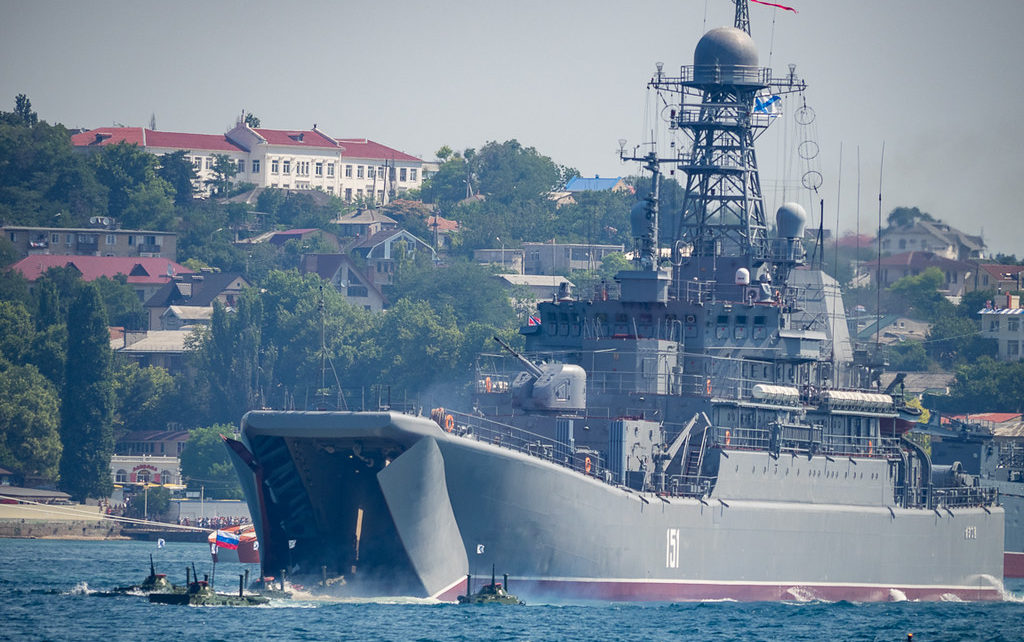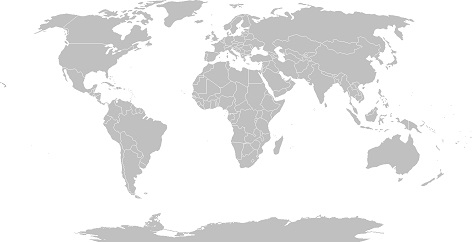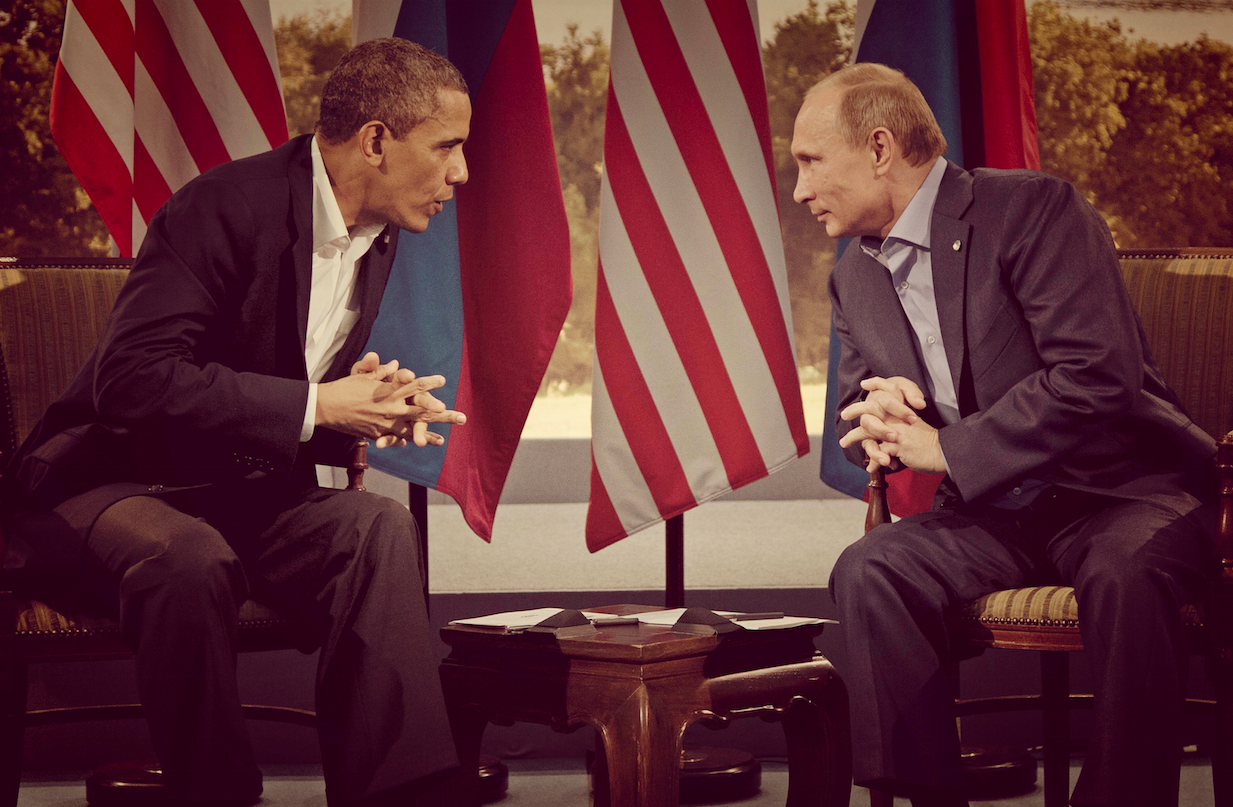Access to and influence in the Mediterranean has been embedded in naval and strategic culture for hundreds of years. In 2022, The Mediterranean Basin, which provides access to the Middle East, Africa, and Europe, is again a crucial region to the security of both Russia and NATO’s southern flank. An increasingly assertive Russia is positioning the Mediterranean as an important sphere of competition between NATO and Russia in the years to come – as it seeks to claim a prize that has long eluded it.
The Treaty of Paris, which brought the Crimean War to an end in 1856, barred Russia’s access to the Mediterranean via the Dardanelles Strait and Istanbul. Thus, when war broke out between Russia and Japan in 1904, Russia’s Black Sea Fleet could not join the fight in the Pacific. This war ended in humiliation for Russia, whose land and sea forces were dominated at every turn. Russian prestige, already damaged by its defeat at the hands of Japan, was further injured by its ongoing inability to access the Mediterranean. In 1908, Russian Foreign Minister Isvolsky saw a chance to remedy this and hatched a plan with his Austrian counterpart, Count von Aehrenthal. Austria had its eye on annexing the regions of Bosnia-Herzegovina, two regions mostly populated by Slavs. Russia – being the informal protector of Slavic peoples after having given its blessing to the idea of unifying the Balkans – would normally have strenuously resisted this attempt. Isvolsky offered to turn his back to the annexation and abandon this idea in return for support from Austria in opening up the Dardanelles to the Russian Navy. This plan was put into action, triggering the Bosnian Crisis. Count von Aehrenthal, however, double-crossed Isvolsky. While the annexation went ahead, the Dardanelles remained closed to Russia, and the Mediterranean firmly out of Russia’s sphere of influence – for the moment.
With the crumbling of the Soviet Union, the 1990s saw Russia turn in on itself. Lacking the resources to compete in the Mediterranean, Russia withdrew to focus on its domestic situation. By 2008, Russia’s position had regressed to such an extent that even its presence in the Black Sea seemed at risk. The two conflicts with Georgia and Ukraine in 2008 and 2014, respectively, redressed this situation. Geography, however, cannot change so easily and continues to hinder Russian efforts at projecting power in the Mediterranean, as the Dardanelles Strait is in NATO hands.
Russia’s retreat from the Mediterranean following the end of the Cold War has been curtailed. As of now, Russia has firmly entrenched itself as a robust force to be reckoned with in the Mediterranean, changing the geopolitical landscape. Facing this is a regionally unsteady NATO, which is represented in the area by two of its most quarrelsome members – Greece and Turkey.
Russian intervention in Syria, Libya, and elsewhere in North Africa and the Middle East over the past ten years have been very successful in establishing Moscow as a threat to NATO priorities in the Mediterranean. Russia’s mission in Syria has been especially impactful in extending Moscow’s reach. In 2017, Russia secured a deal with Syria’s President Assad to use the naval facility at Tartus, free of charge, for 49 years. This deal allows Russia to house up to 11 warships there, including its nuclear submarines. Importantly, recent upgrades to the repair capabilities of this Mediterranean base will allow Russian warships to avoid returning to ports in the Black Sea for maintenance.
Russia is also expanding its Hmeimim Air Base in Western Syria. Having recently extended the runways at the said base, it welcomed a troika of long range nuclear-capable bombers in May 2021: the first time Russia has ever deployed such a weapon in the region. Extending its reach, nuclear and otherwise, well into Africa and the Middle East, Syria has become a strong foothold for Russia in the Mediterranean. Having already established a naval bridge between the Black Sea and the naval facility at Tartus in the Mediterranean, Russia’s creation of an air bridge – in the form of the Hmeimim Air Base – will further establish itself as a power in the region. Its presence in Syria also gives it leverage over the closest NATO power in the region – Turkey, who is no doubt watching Russia’s growing footprint in its southern neighbour closely. This is especially true concerning the already vast, but growing, air and missile defence architecture that Russia has been able to network into Syria’s existing assets, allowing them to threaten NATO sea and air forces if they so choose.
The logistical connection between Russian forces in Syria and Libya is an interesting one. Situated in the middle of the southern Mediterranean coast, establishing and developing Russia’s forward bases in Libya seems to be Putin’s next project. The prospect of establishing a secure base along NATO’s southern flank in Libya is certainly an attractive one due to the commercial and geopolitical advantages. A recent BBC investigation into Wagner, a shadowy Russian mercenary group, revealed the scale of Russian military involvement in the country – official or otherwise. Either to act as a base for future Russian activities in Africa, or simply to agitate NATO, Libya is the latest stepping stone for Russia into the Mediterranean.
Involvement in the conflict in Libya and Syria has also given the Russian military a great deal of experience, and a training ground to develop and deploy new tactics and armaments. The Syrian civil war – an ongoing tragedy for the Syrian people – has given the Russian military combat experience they otherwise would not have had. Russian Aerospace Forces have conducted roughly 44,000 sorties in Syria as of 2020. Moreover, Russia’s officer corps is now vastly led by officers who have spent at least six months serving in Syria.
All this being said, despite the near-constant jockeying between Turkey and Greece who guard the Eastern Mediterranean for NATO, the alliance remains dominant in the region – for the moment. The sheer number of ships and aircraft available to the Alliance in the Mediterranean is more than enough to counter any Russian threat should it occur. The current balance of power is the result of skilled opportunism from Russia, and vigilance on the part of NATO. For now, this balance should hold.
Photo: Russian landing ship AZOV / 151 (July 26, 2015), by sovraskin via Flickr. Licensed under CC BY 2.0.
Disclaimer: Any views or opinions expressed in articles are solely those of the authors and do not necessarily represent the views of the NATO Association of Canada.




